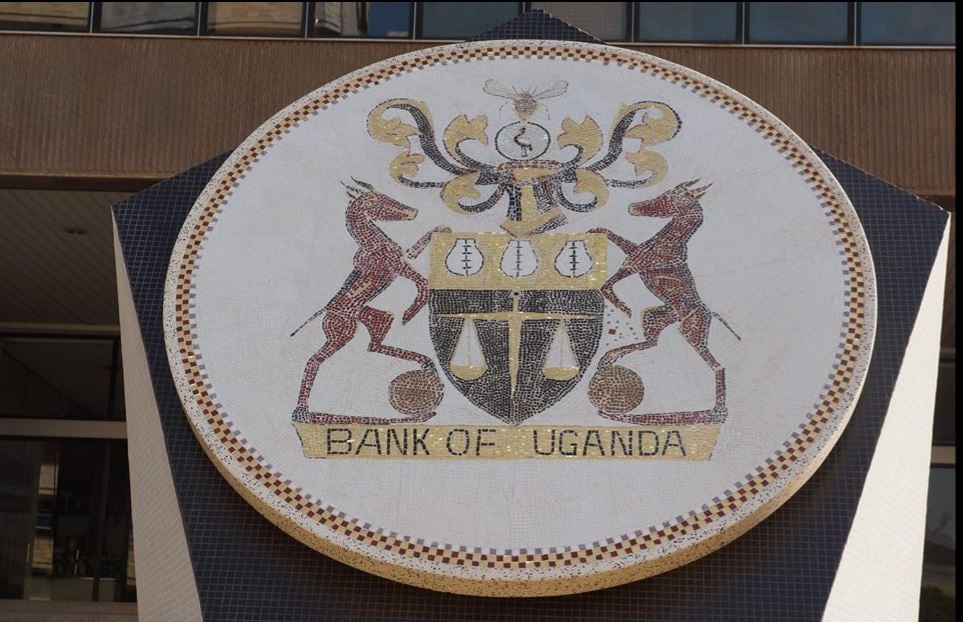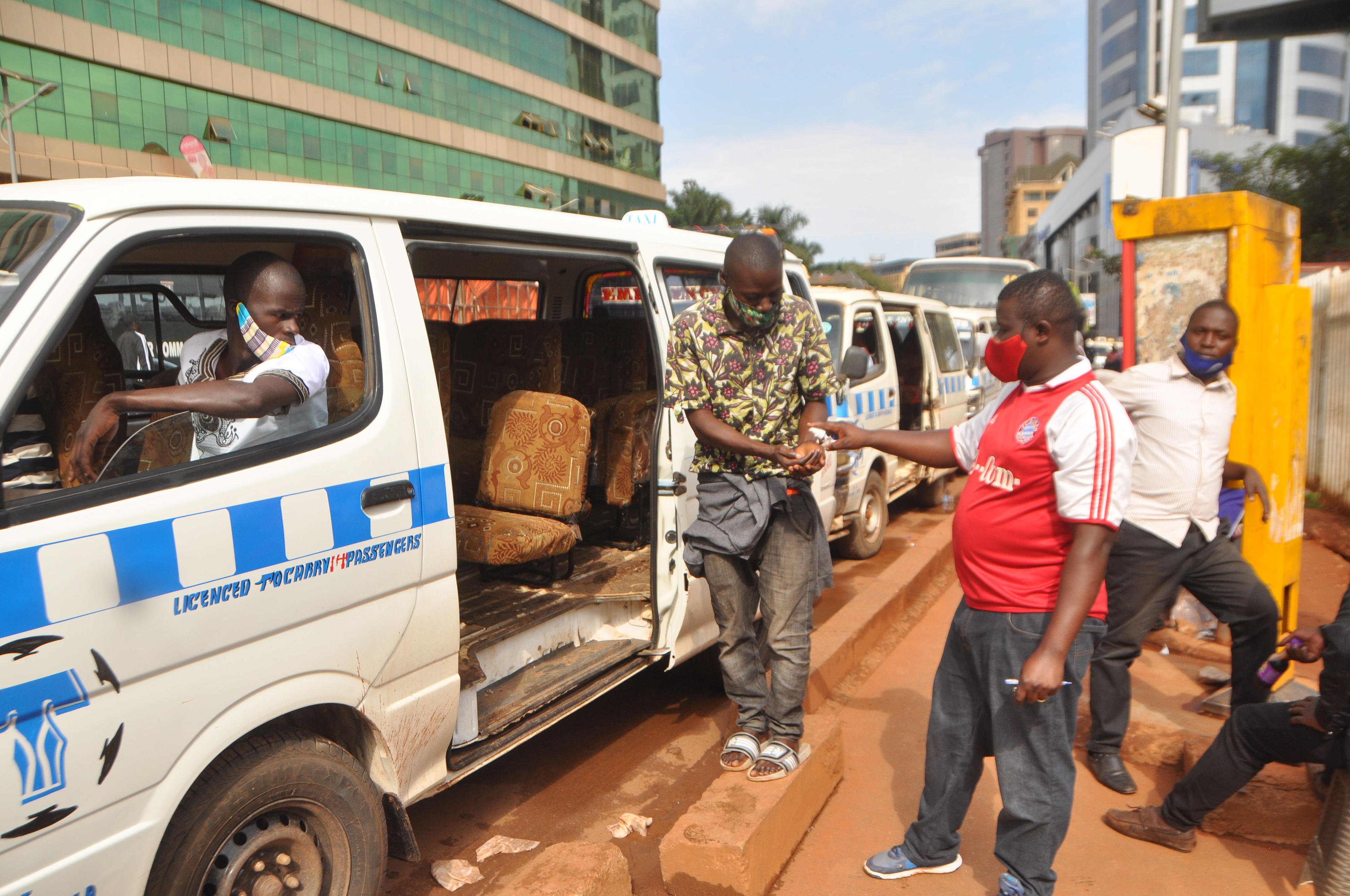Prime
Is it inflation or reduction in incomes: What is pushing up prices of goods, services?

Whereas Uganda Bureau of Statistics has indicated a drop in transport fares over the last two months, fuel prices have gone up, threatening to distablise the price of different commodities and services. PHOTOs | Edgar R Batte
What you need to know:
Prices of a number of items have been increasing in the last few months, prompting some Ugandans to speculate that government might not be telling the true status of inflation. However, economists are giving a different reasoning, arguing that the current situation might be driven by a drop in real income.
It is amazing how everyone can have a totally different view on something that is all over for everyone to see. In the last three or four months, it has been popularly believed that the cost of living has drastically increased. Yes, most Ugandans, of course off the streets of Kampala, had believed so, but economists have a totally different view.
Real incomes have declined, they claim, but not a rise in the cost of living. Cost of living, in ordinary terms, is the amount of money one needs for basic expenses, among which include, housing, food and healthcare while real income is the amount of money measured against inflation or (change in the price of goods).
Yes, many never care about such exaggerated terms until when reality hits home. The movement in real income is measured by the cost of goods in a basket, which is other wards known as inflation. Therefore, when real income goes up, ones purchasing power will increase while it will drop when it goes down.
In our attempt to understand why prices seem to be moving northwards we interviewed a number of people among them central bank executives.
On his part, Bank of Uganda executive director research Adam Mugume, says it is not true that the cost of living is substantially above inflation. “Since inflation has averaged at 2.2 percent while economic growth has been subdued, majority of households could be facing real income decline rather than a rise in the cost of living rising,” he says
If your real income hasn’t increased by the same proportion, he says, you are likely to feel worse off than about two years because you are likely to be spending more on some items.
“Food and fuel prices have increased in recent months and if you spend a big percentage of your income on these, you will definitely be worse off,” Mugume says, noting that the rise of fuel prices has largely been due to international oil prices that have risen sharply.
Some Ugandans have in the last three months wondered how inflation could be so low yet prices of some goods are shooting through the roof. According to Uganda Bureau of Statistics, inflation for the period ended October declined to 1.9 percent from 2.2 percent in September due to a drop in transport fares.
Therefore, if we are to go by inflation, it would be difficult to conclude that inflation has gone so bad to drive current price movements. In reality incomes, as earlier indicated by the World Bank, have dropped resulting from Covid-19 containment measures and increased uncertainty. This, as a result has slashed growth in private consumption thereby leading a slowdown in economic growth.
This has been worsened by loss of employment and incomes thus decelerating growth in household consumption from 7.8 percent over the last two years to 2.3 percent.
The slowdown has mostly affected urban areas, where livelihoods largely depend on retail trade thus decimating the informal service sector.
According to the World Bank, Covid-19 has negatively affected all income sources, with nonfarm family businesses being particularly badly hit.
“Subsequent to the Covid-19 outbreak and during the lockdown (s), about 91 percent of households involved in non-farm family businesses suffered income losses. At the same time, a contraction in transfers from families within the country was observed among 83 percent of households that received this type of income,” the World Bank noted recently.
Fred Muhumuza is a development economist and lecturers at the School of Economics in Makerere University. His argument creates a new line of thinking - dependents have increased, he says, noting that since most people have lost jobs pressure has shifted to those who still hold jobs or earning some little money from personal businesses.
“Education institutions have been closed for two years now. Many of the people who are in these institutions are not earning. Beyond this, the hotels or hospitality have not fully picked up. Therefore, there is an obvious drop in incomes,” he says.
Job losses have been the worst financial shocks to most families and many families are struggling to come to terms. Beyond this is the impact the current circumstances have had on the economy, which according to Albert A. Musisi, the Finance Ministry commissioner for macroeconomic policy, has led many to concluded that government was not giving the true status of inflation.
“Prices of some items may have gone up due to seasonal factors or other constraints,” he says, but notes, “this does not indicate an increase in inflation”.
Inflation is the rate of price changes over a given period of time. It is a broad measure that does not rely on any particular goods or services.
For instance, whereas prices of some food items and fuel prices have increased, there has been a noticeable drop in the cost of transport, which if put in the same basket of goods might influence, inflation downwards.
Over the last three years inflation has largely been low, way below the Central Bank’s target of 5 percent.
What experts say
Over the last three year inflation has generally been low and stable, way below the Central Bank’s target of 5 percent.
However, what has worked up a number of household costs is a growing trend of consumptive expenditure that is characterised by a reduction in incomes.
Irene Kwagala, a mother of three, who lives in Makindye, a Kampala suburb has noted a shift in consumption trends.
For the same amount of money, she says, she would buy rice that would last for a month, which is no longer the case.
“It only takes two weeks and the food is finished. I don’t know what is happening. Is the money losing value?” she wonders.
Kwagala is not alone. There are so many other Ugandans in the same boat wondering what is happening.
Mr Robert Lumala, a hotel and hospitality business dealer, says the increase in fuel prices is impacting business and is feeding into manufactured goods.
“Prices of most manufactured goods such as sugar, soap and cooking oil, among others have all increased. Food prices have also increased,” he says, but also notes, they might be driven up by the approaching Festive Season.
Prices of foodstuffs and other commodities vary from one place to another depending on the region.
For instance, in Owino Market, the price of matooke has increased from Shs18,000 to between Shs22,000 and Shs30,000 while a pineapple which would go for as low as Shs2,000 has now increased to between Shs2,500 to Shs4,000.
In Owino still, the price of watermelon has increased from about Shs5,000 to Shs7,000.
Away from Owino to Nakasero Market in Central Kampala, about three or four passion fruits cost Shs1,000. This is less than the five or six that the same amount would buy about four months ago.
Prices of cooking oil have also increased with two liters rising from Shs5,000 about three months ago to Shs7,000 for Mukwano products.
Still in Owino, a sack of Irish potatoes from Kisoro currently costs Shs150,000 up from Shs140,000.
The increase has been partly blamed on the reduction in imports from Kenya.
Sugar prices have also increase from an average of Shs3,500 for every kilogramme to between Shs3,800 and Shs4,000 for Kakira and Lugazi, respectively.
Rice just like maize flour, has seen prices increase with a 50 kilogramme sack going for Shs92,000 in Kisenyi up from Shs80,000.
However, some items such as beans have registered a decline in prices with a kilogram of Nambale costing about Shs2,300 while yellow short and long beans cost Shs2,600 in Kisenyi, in Central Kampala.




